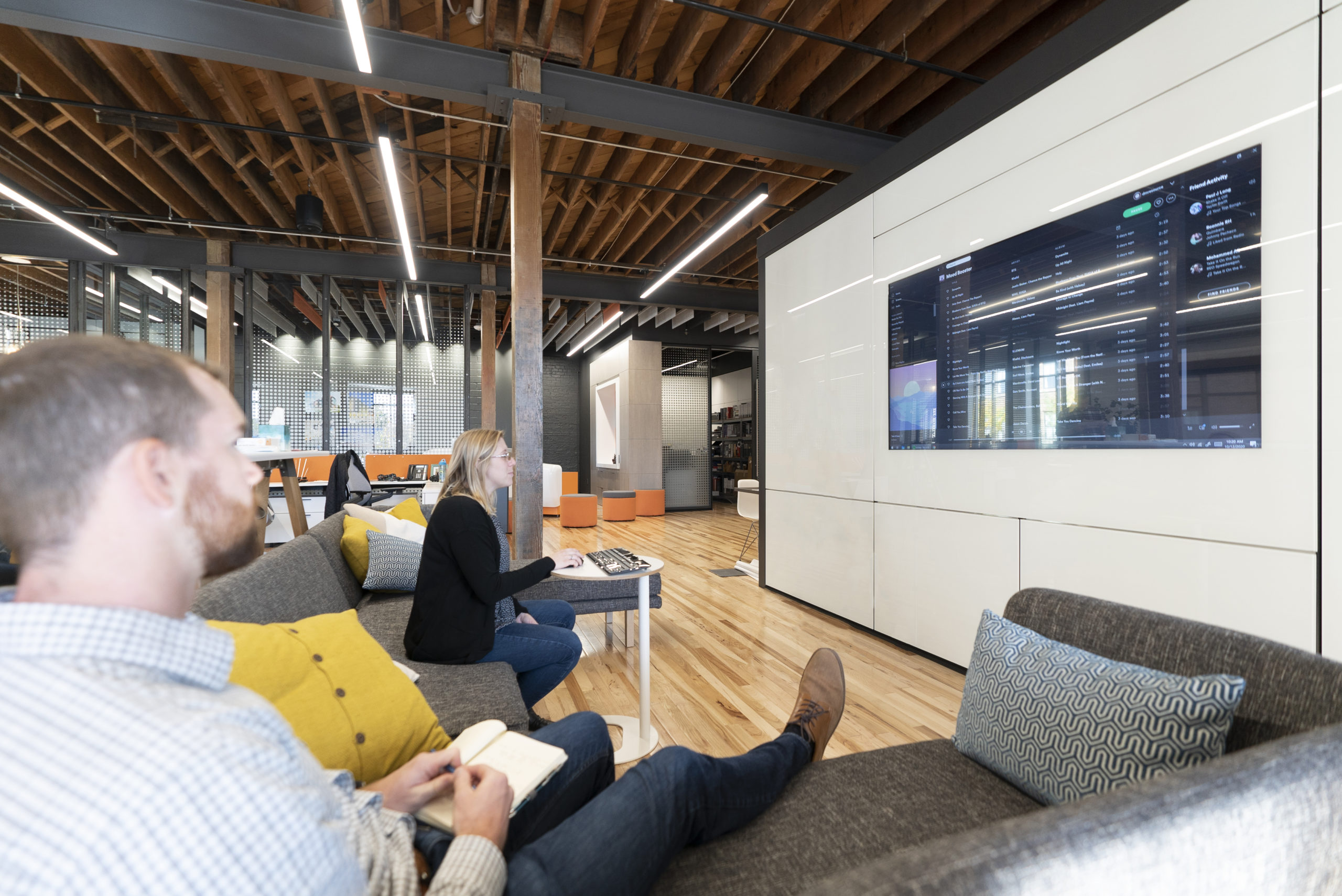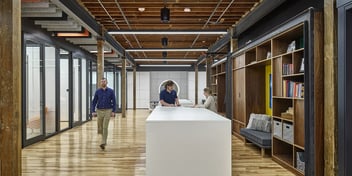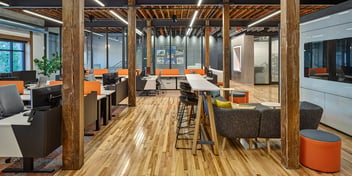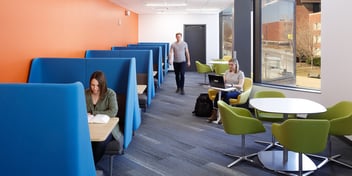
All across the globe, companies are changing the way they think about how work gets done. COVID-19 has uprooted long-established routines and habits instantly placing us in the middle of a global experiment of sorts. The results weren't what many expected. Lots of employees have spoken out about their opinions on working from home, saying it's made them happier and more productive. They've also said that when we return to the workplace, things cannot remain the same. Are hybrid workplaces the solution? Hybrid workspaces are quickly rising in popularity, but will the trend last? Is the workplace of the future going to be based on the hybrid design model? These questions are being raised by many companies today and their answers will change the course of workplace design for decades to come.


